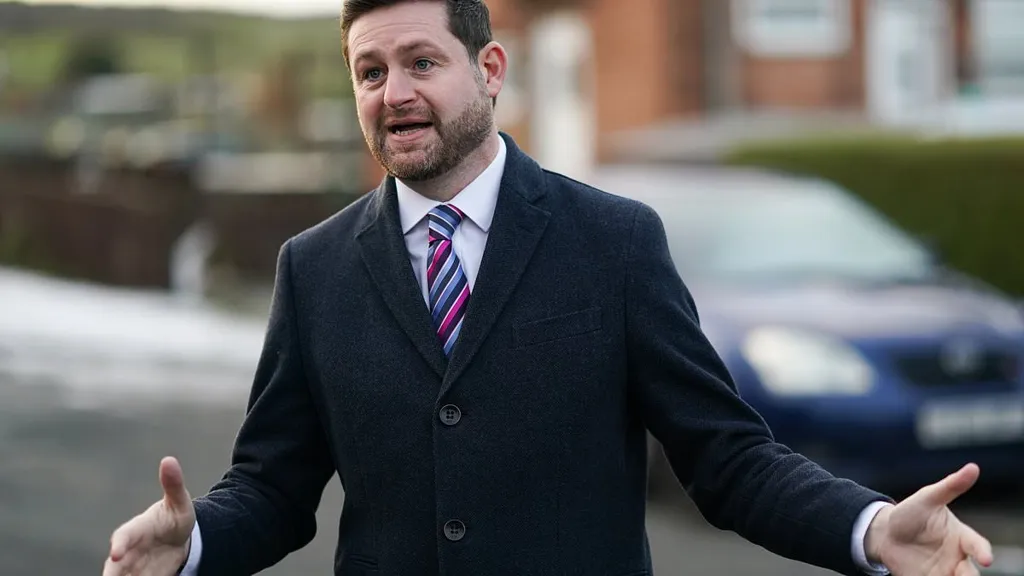Council taxpayers in the south of England could see their rates rise as the government seeks to send more money to the North, it was warned today.
Local Government Minister Jim McMahon this morning unveiled proposals to 'modernise' they system and send more than £2billion 'to the places and communities that need it most'.
Critics fear that this means that central government funding will be sent away from the South to poorer areas in the North and Midlands - with southern councils forced to make up the shortfall by increasing tax locally, or cut services.
One told the Times: 'There is no doubt at all that it is going to be polarising.
'For a lot of councils in richer parts of the country the current system works quite well for them and they're going to lose funding.
'A lot of councils in rural areas are also worried that they will see their funding diverted into deprived urban areas.'
But supporters argue that poorer areas have been relatively overtaxed and underfunded compared to the South, where many affluent areas charge lower tax rates.
Henri Murison, chief executive of the Northern Powerhouse Partnership, pointed out that the owner of a Band D property in Hartlepool pays £2,498.53, while the owner of a £10 million mansion in Wandsworth pays just £1,980.15 in the same band.
'Asking those residents to contribute closer to what people in the North are already paying is reasonable,' he added.
Local Government Minister Jim McMahon this morning unveiled proposals to 'modernise' they system and send more than £2billion 'to the places and communities that need it most'.
Critics fear that this means that central government funding will be sent away from the South to poorer areas in the North and Midlands - with southern councils forced to make up the shortfall by increasing tax locally, or cut services.
'In fact, a full revaluation of council tax bands, which we believe is long overdue, would have resulted in even higher bills for many London boroughs, where properties are routinely placed in bands far lower than they would be under a fair system.'
In a written statement to MPs today Mr McMahon said too many areas 'have felt the combined impact of reducing government support and low historical tax bases from which to raise income, coupled with high levels of need driving up demand for services'.
'It is not fair that people in these places too often see council tax bills hike while neighbourhood services which make areas clean, safe and decent have felt the brunt of reductions,' he said.
'The current funding system is a decade old and reinforces the divide between deprived places and the rest of the country - that's why we are taking action where previous government failed.'
Last week the Spending Review revealed that the average home's council tax bill will increase by £359 by 2029.
Ministers are working on the basis that councils will increase the rate by 5 per cent a year for the next three years.
The rise will fund the settlement for local authorities, which includes social care - an issue on which Labour is yet to outline its policy.
